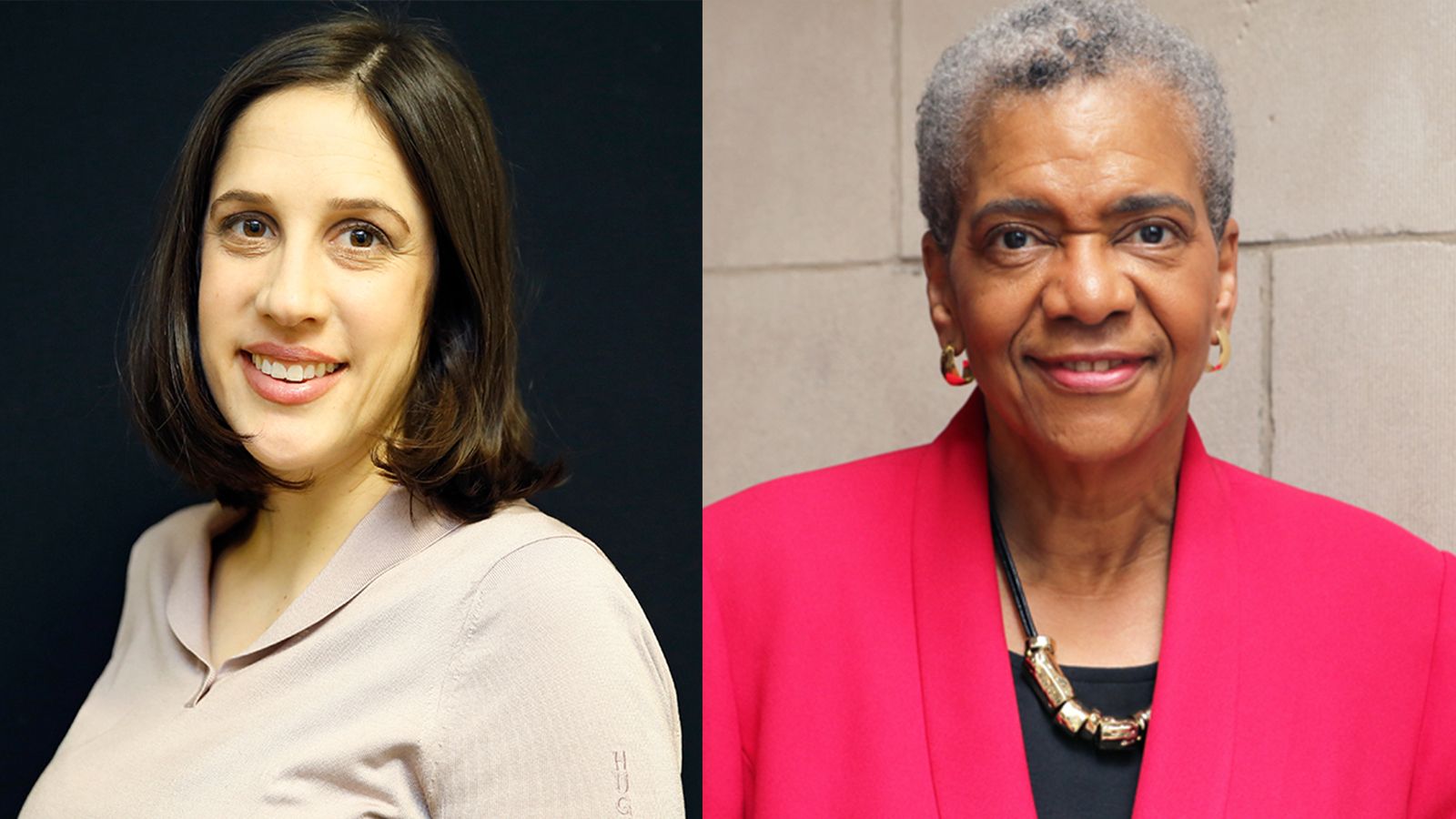In a new study from Hunter College, Authentic Assessment in UPK: Case Studies on Utility, Fidelity, and Applications to Practice, authors Lacey Peters and Sherryl Graves of Hunter’s School of Education explored Authentic Assessment Systems, the method used to examine children’s learning and development in New York City’s Pre-K for All (PKA). Instead of an outside-looking-in approach, Peters and Graves elevated the perspectives of teachers and other key members of PKA learning communities who are “policy enactors” in order to inform future policy decisions and empower teachers to improve instruction and assessment practices.
“Assessments like AAS work when they help teachers be more systematic in their approach to understanding the growth of children, developing individualized teaching strategies, and ultimately achieving their goal—and the ultimate policy goal—of better outcomes for children,” says Peters, an assistant professor and graduate program co-coordinator for early childhood care and education. “As New York City continues to support early educators through adoption of AAS and other tools, it is critical that educators, as policy enactors, understand the rationale behind changes in policy and how the shifts in their practice will improve early learning for children.”
“A big lesson here is that the combination of a common assessment framework, data, professional learning, and collaboration can improve program implementation,” says Graves, a Professor of Educational Foundations and the Acting Senior Associate Dean of the School of Education.


